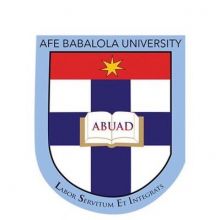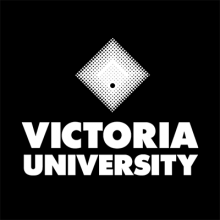
This month, I have been working up to dealing with something that I hate more than anything else – moving.
I’m not moving yet but I’m probably going to need to leave my lovely apartment next year. The third year in the doctor of veterinary medicine programme is at the Camden campus, about 90 minutes west of Sydney. I was planning on staying put and sharing transport but that isn’t looking likely so I’m starting to investigate moving closer.
The trouble is that Australian real estate works completely differently than in the US, so here is a rundown of what you can expect if you are looking for a place.
Disclaimer: I only have experience with apartments, but many international students find it easier to find room-mates through sites such as flatmates.com, which can be great, too. Also, students have the option of dorms but they can be quite pricey.
Trading America for Australia: my mother sent me to study 9,000 miles away!
Trading America for Australia: why do chickens eat each other?
Apartment-hunting in Australia is tough – between other potential tenants, exorbitant prices and short viewing times, it is a whole spiel trying to find a place. Unlike in the US, where landlords generally know when someone is going to move out because of the strictness of leases, in Australia, from what I hear, most people just let their landlords know that they will be moving a few months in advance.
Here, you cannot look into a place a year in advance – if you are lucky you’ll have a month. And by a month, I mean that you can look at the place online a month before the showing and if you cannot make it to that, you will not get the place. The showings are usually about 20 to 30 minutes and property managers/landlords are really quick to pick out a new tenant from the applicants, usually within two to seven days. This is nice (if you applied) since you can quickly move on to other options if you are not successful, but it sucks if you couldn’t make it to the showing…because there probably won’t be another one.
For the showings themselves though, the strategies are the same as in the US. I made a habit of RSVP’ing online or emailing the agent so that I would have an easy conversation-starter. When you get to the showing, thoroughly check everything out and then start chatting to the agent. Ask about anything – laundry, utilities, the surrounding area – you want them to know that you’re interested, serious and also ensure that they will remember you.
Fill out an application form and give it back ASAP. Another tip: you need to have an Australian phone number to apply. That’s how all agents will contact you. So if you end up like I did, waiting for your SIM card in the mail and giving them an email address instead, that will not work. Also apply to everything, you can always say no later.
My biggest issue will probably be finding pet-friendly housing. Since last year, I have adopted a beautiful three-legged cat named Audrey. It is quite difficult to find pet-friendly housing in the city, at least when it comes to apartments, but I’m hoping that this may not be an issue further out of the city.
I hope that this blog helps some people. I know that I would have loved to have some advice when started university.
Acacia Cordes is a doctor of veterinary student at the University of Sydney
Read more: a guide for international students choosing a university in Australia





















Have your say